In today’s evolving workplace landscape, blue-collar workforce play a crucial role in sustaining industries and ensuring seamless operations. However, their contribution often goes unnoticed, particularly when it comes to integrating their efforts with community engagement initiatives. Performance management systems (PMS) not only boost productivity but also serve as a powerful tool to enhance community engagement.
This blog delves into how an effective PMS can foster stronger ties between blue-collar employees and their communities. From recognizing contributions to creating impactful initiatives, here’s how PMS transforms community engagement for this essential workforce.
The Overlap Between Productivity and Community Engagement
Performance management is often linked to improving operational metrics, but its influence extends beyond the workplace. For blue-collar workforce, who are deeply rooted in their local communities, PMS can inspire engagement initiatives that reflect their day-to-day realities.
By using PMS to identify high-performing employees, organizations can encourage these employees to take leadership roles in community-driven projects. This integration not only uplifts the community but also creates a positive feedback loop, boosting employee morale and engagement.
Aligning Organizational Goals with Social Responsibility
Modern PMS platforms offer goal-setting frameworks such as OKRs and SMART Goals. These tools can be utilized to align workplace objectives with community engagement goals, such as volunteerism, sustainability projects, or local partnerships.
When blue-collar employees are empowered to contribute to socially responsible goals, they feel more connected to their work and the community. This alignment fosters a sense of purpose, leading to higher job satisfaction and more robust community relationships.
Recognizing Community Contributions Through PMS
Recognition is a cornerstone of performance management, and its scope should include contributions outside the workplace. PMS systems can track and reward employees for participating in community engagement activities, such as volunteering or mentoring.
By highlighting these efforts during performance reviews, organizations demonstrate that they value holistic employee contributions. This practice motivates others to follow suit, creating a culture of community-focused engagement.
Using Feedback Loops to Address Community Engagement Needs
An effective PMS includes regular feedback loops that can extend to understanding the needs of community engagement. Blue-collar workforce, being closely connected to local issues, can provide invaluable insights into how organizations can better support their surrounding communities..
Encouraging employees to share feedback on community challenges fosters a collaborative culture. It also positions organizations as proactive community partners, strengthening their reputation and building trust.
Training Blue-Collar Workforce for Community Leadership
PMS platforms often include learning and development modules, which can be tailored to prepare employees for community engagement roles. For instance, soft skills training in communication and leadership can empower blue-collar workforce to lead local initiatives effectively.
Such training not only benefits the community but also enriches employees’ professional growth. This dual impact enhances their sense of accomplishment while reinforcing the organization’s commitment to societal well-being.
Encouraging Cross-Generational Mentorship
Communities thrive when knowledge is shared across generations, and blue-collar workforce often hold valuable expertise that can benefit younger members of their community. PMS can facilitate mentorship programs by identifying skilled employees who can contribute to community engagement through mentoring local youth or peers.
This exchange of knowledge fosters a sense of pride and legacy among employees, while the community gains access to practical skills and guidance. It’s a win-win that showcases the broader impact of performance management.
Promoting Sustainability Through Community-Centric Initiatives
Sustainability is a growing focus for many organizations, and PMS can help integrate sustainability goals with community engagement initiatives. Blue-collar employees can participate in projects like waste reduction, recycling programs, or environmental clean-ups, which align with corporate objectives.
Tracking these efforts within a PMS system not only quantifies the impact but also reinforces the value of community-oriented sustainability efforts. Such initiatives position organizations as leaders in responsible corporate citizenship.
Boosting Employee Advocacy in Local Communities
Engaged blue-collar workforce often become advocates for their organizations within their communities. PMS can amplify this community engagement by equipping employees with the tools and recognition needed to represent their organizations positively.
When employees are proud of their roles and contributions, they naturally promote their workplace as a force for good. This enhances community trust and attracts talent, creating a virtuous cycle of engagement and collaboration.
Measuring the ROI of Community Engagement via PMS
Community engagement is not just a moral imperative; it also offers tangible business benefits. PMS provides the metrics needed to measure the return on investment (ROI) of these initiatives, from increased employee satisfaction to enhanced brand reputation.
By integrating community-related KPIs into performance reviews, organizations can demonstrate the impact of their efforts. These insights encourage continuous improvement and greater investment in community-driven initiatives.
Conclusion: A Holistic Approach to Performance and Community Engagement
Performance management systems are no longer confined to evaluating workplace efficiency. They serve as a bridge between blue-collar employees and the communities they belong to, fostering meaningful engagement and shared growth.
By recognizing and empowering employees’ contributions to their communities, organizations not only enhance productivity but also build stronger, more resilient ties with the world around them. With PMS as a catalyst, the future of community engagement for the blue-collar workforce is brighter than ever.
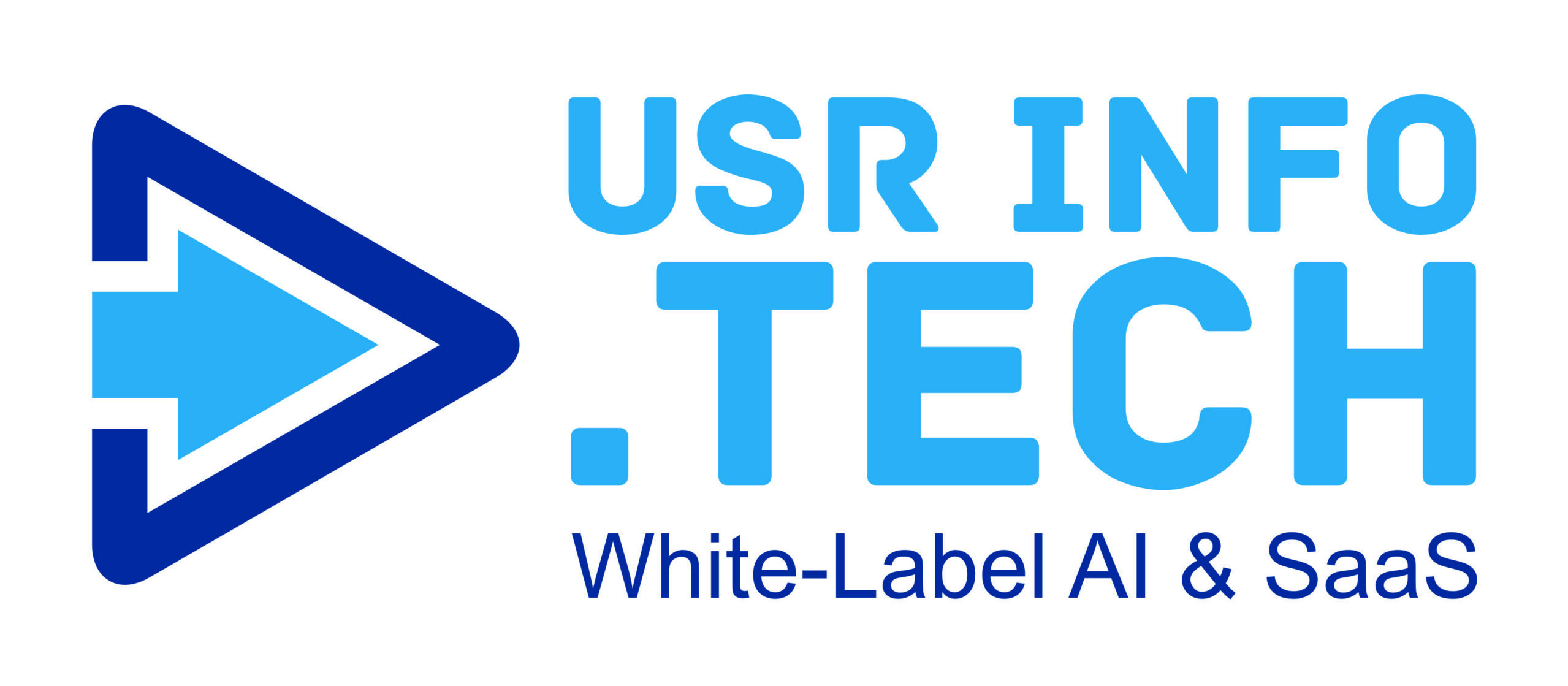
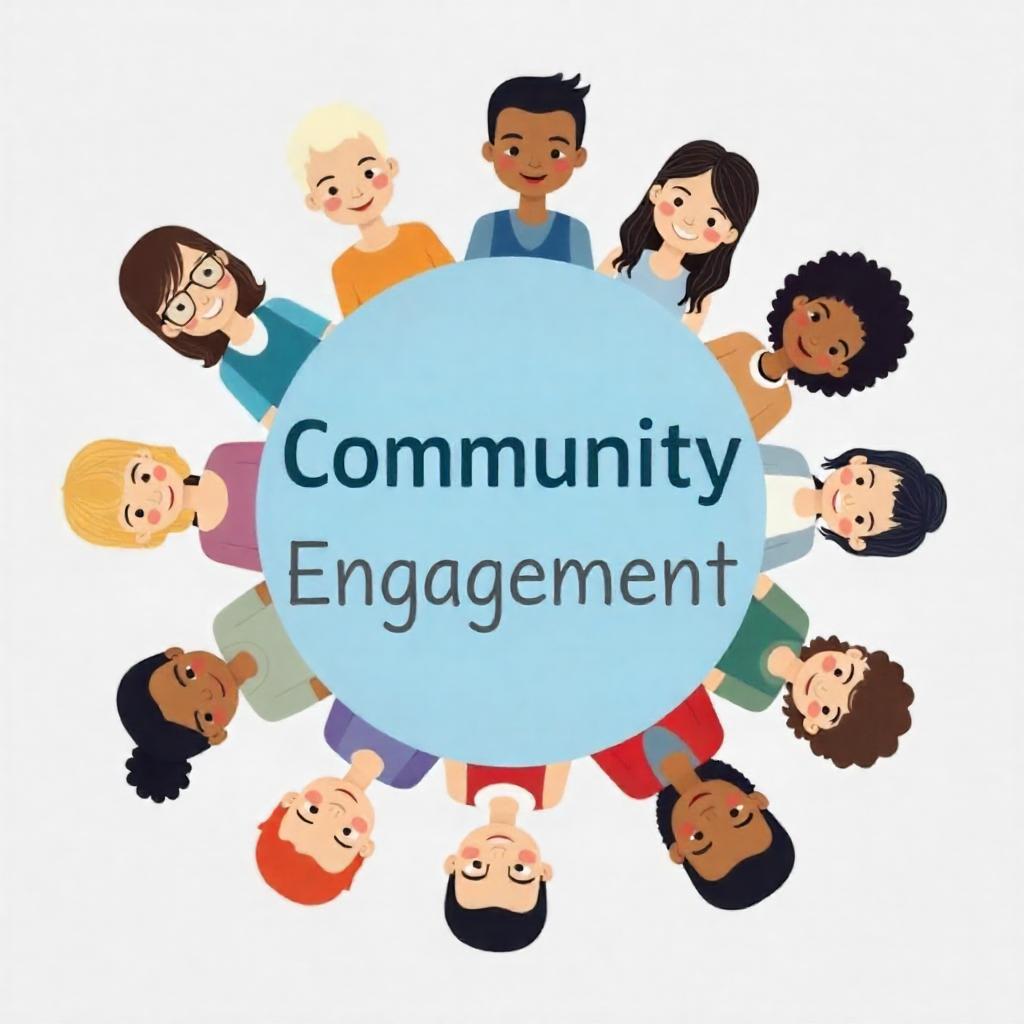



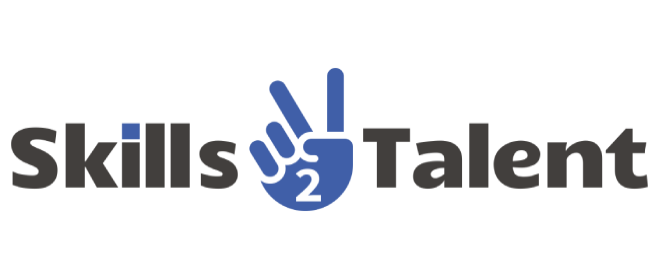
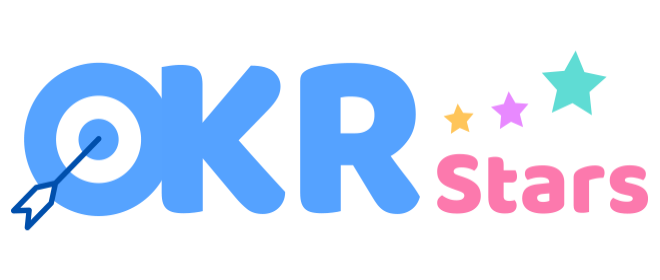
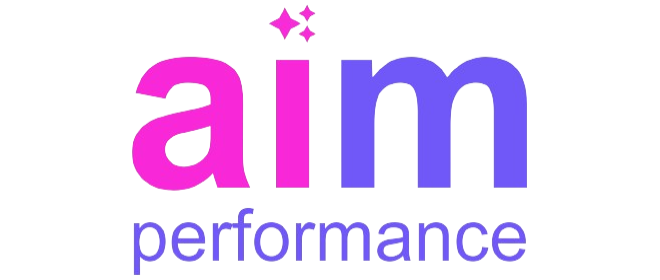



Companies often neglect to have written standards and policies around their cybersecurity. Why? Because dozens of them are usually needed, covering everything from equipment management to backup procedures, admin credentialing, remote work policies, and so much more. But it’s well worth the effort.